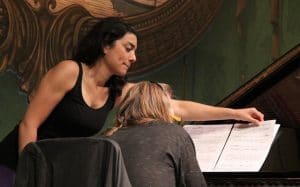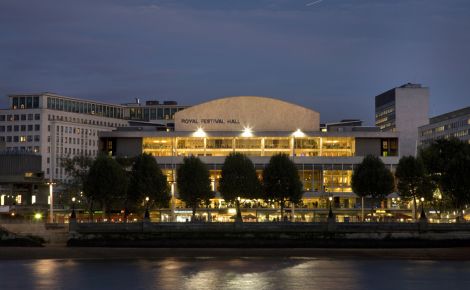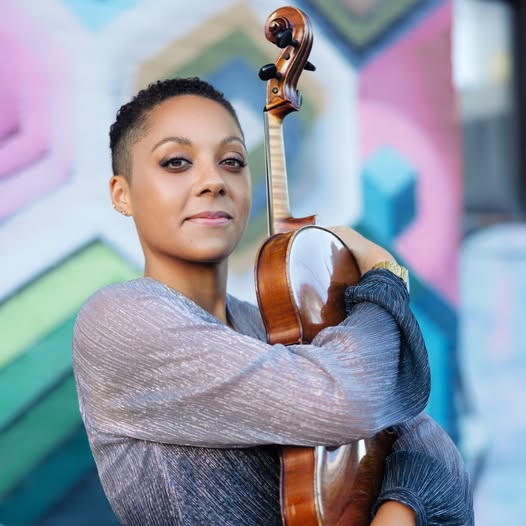In Covid-era concerts, pity the poor page-turner
mainI’m watching tonight’s concert from Bavarian State Opera – a Handel aria in memory of Peter Jonas, a Mozart piano quartet and Jonas Kaufmann with his regular accompanist Helmut Deutsch.
In each instance, the pianist has a page turner.
When that person leans forward he or she is by no means two metres away from the pianist.
This is patently unsafe.
Nor is anyone wearing a mask.
What’s to be done?

UPDATE: That’s no page-turner. He’s my partner





Comments